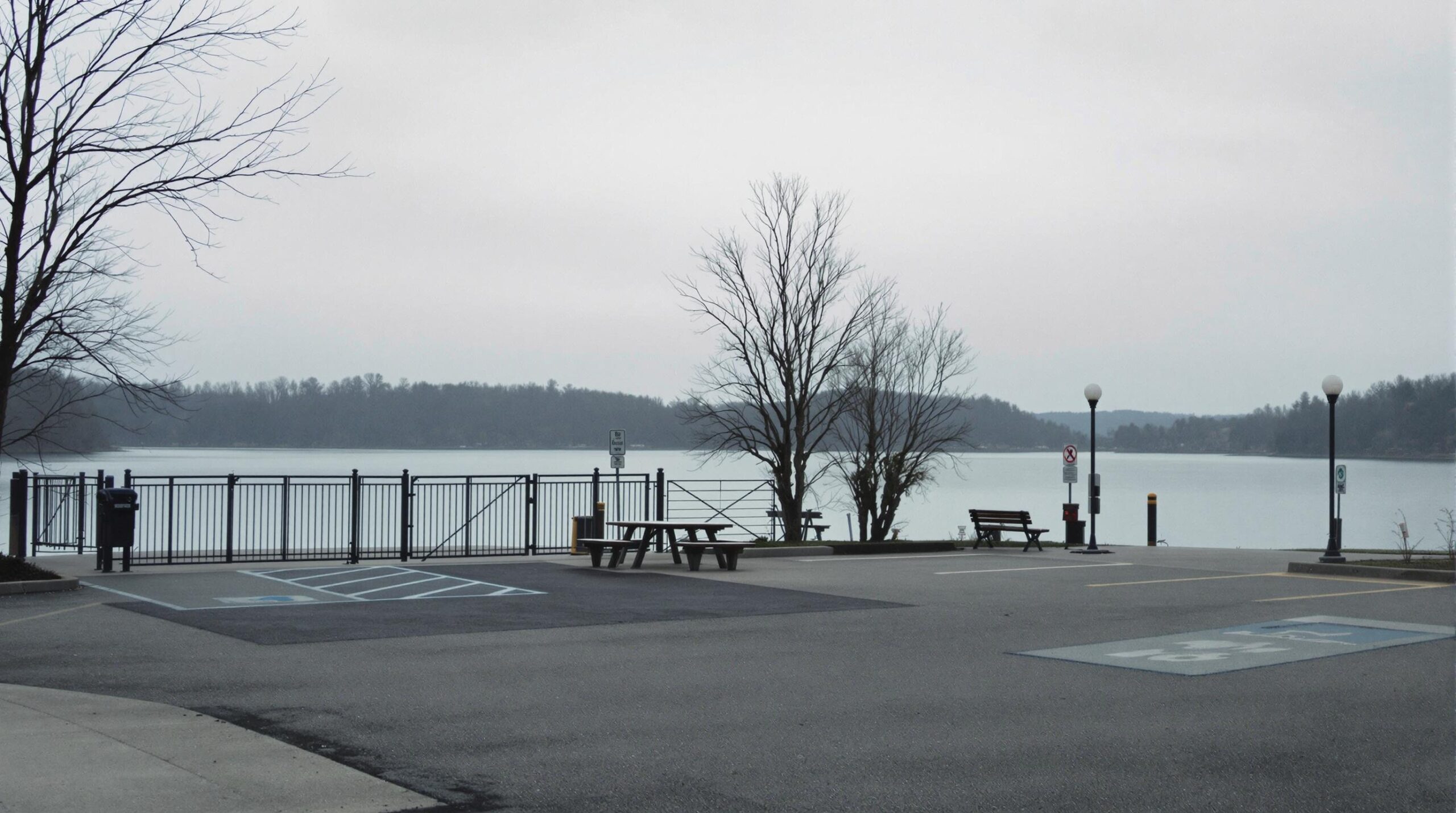The U.S. Army Corps of Engineers will begin closing or scaling back services at federal recreation sites in six states starting mid-May 2025 recent coverage shows. Officials have pointed to staffing shortages and realigned priorities under President Donald Trump’s administration as the main reasons for reducing campgrounds, boat ramps and visitor centers.
Trump’s Department of Government Efficiency has sought to cut thousands of posts across federal agencies reports indicate. Corps officials say their decision to reduce or halt certain amenities stems from a need to focus remaining manpower on dam safety and hydropower missions.
According to spokesman Douglas Garman, the Corps once provided a “full range of services” at many of these facilities. He also said, “Decisions to make operational changes at recreation areas are not made lightly, and we understand those decisions can be disruptive to the public’s travel plans,” underscoring the agency’s acknowledgment of visitor frustration.
In Nebraska, the Corps will prohibit overnight camping at 25 primitive sites at Harlan County Lake but still allow daytime use local reports show. This reservoir sits near the Kansas state line and has historically drawn anglers and campers throughout the warmer months.
Communities near Harlan County Lake worry about declining patronage if overnight stays drop. “It just may be a little bit more noticeable because we have more of that built on than maybe we did two years ago,” said Emily Coffin, the district’s natural resource section chief, explaining that budget constraints can stand out more in areas with heavily developed facilities.
Separately, officials in Pickstown, South Dakota, have reacted strongly to the closure of the Fort Randall Dam visitor center and suspension of powerhouse tours. Cindy Broyhill, the town’s Board of Trustees president, described local sentiment as “appalled.”
“We have a lot of fishing and boating, but we also have a lot of just plain tourists coming through to see the dam,” Broyhill said, adding, “I think there are other places where they could cut that would make more sense.” She expressed frustration that the shutdown could reduce a steady stream of travelers whose visits sustain area businesses.
Pennsylvania’s Raystown Lake and multiple facilities in Washington state have also been slated for scaled-back operations, matching a national pattern of budget-driven reductions. “By concentrating our resources, we can better maintain essential missions,” said Lt. Col. Katie Werbeck, speaking for the Corps’ district in southeastern Washington state.
In Kansas, Sue Graham runs a bait shop and camping supply store near Wilson Lake and questioned why limiting some campsites to daytime use alone might “shoot themselves in the foot.” “People are still going to come out,” she said, anticipating that outdoor enthusiasts will remain eager to explore the region despite cutbacks.
Private campground operators and RV park owners in impacted areas might seize the opportunity to attract visitors displaced by these federal closures. Many find that offering flexible booking options, promotional packages, and timely communication can help travelers navigate changes in operating hours or restricted campsite availability. By welcoming visitors affected by campgrounds or visitor center reductions, private operators can help preserve local tourism revenue and ensure safe, well-managed outdoor experiences.
Technology solutions also provide a promising avenue for managing guest traffic and reducing costs. Self-service kiosks and cashless payment systems can enhance visitor satisfaction and maintain revenue streams, even during staffing shortages. One survey reveals that parks adopting these tools significantly lowered labor expenses while boosting overall guest satisfaction.
Another analysis says digital innovation can improve efficiency in tourism operations by as much as 40%. By channeling resources into core tasks like dam safety, the Corps aims to secure hydropower infrastructure while local businesses adjust to potential drops in visitation. Private campgrounds and RV parks that implement user-friendly technologies and partnerships are poised to support travelers seeking alternative overnight options and recreation activities until federal services are fully restored.


